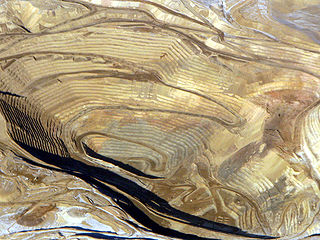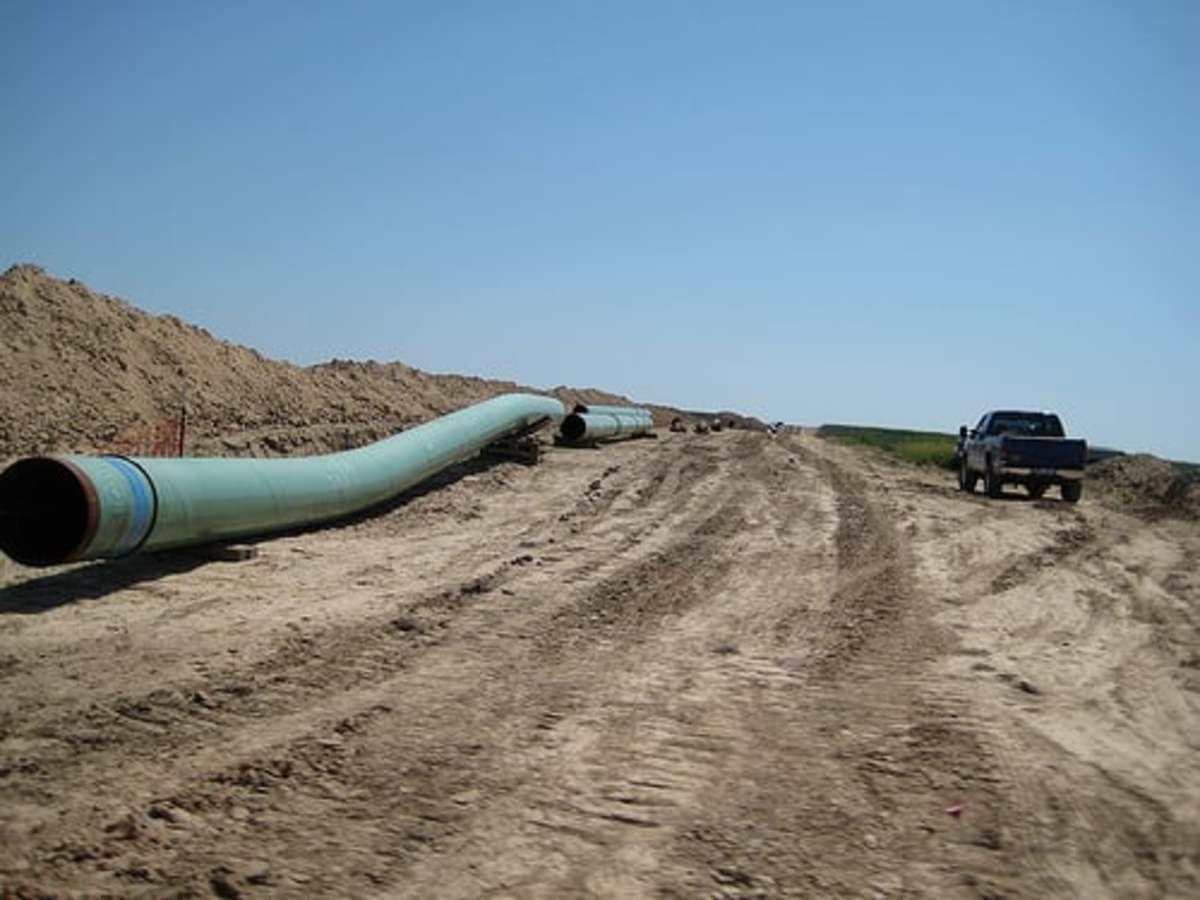The Mining Law of 1872 and Other Lords of Yesterday
Contrary to the popular usage of the word, a lord of yesterday does not refer to a person but instead refers to laws and regulations. More specifically, it refers to the battery of laws, policies and ideas that arose under wholly different social and economic situations in the United States. In this article we will examine several lords of yesterday including the Hardrock Mining Act of 1872 and the current policies on US grazing lands.
While the title ‘Lord of Yesterday’ may sound like an impressive title, it comes with some pretty negative connotations. They were first created with the intention of attracting people to the American west in the 1800’s and have not changed much since then due to inertia, powerful lobbying forces in Washington and a lack of public awareness.
The Hardrock Mining Law of 1872:
To understand the conflict behind this first we need to understand the difference between public and private land. For the purposes of this article, public land is land which is owned by federal government. Overall, between the Bureau of Land Management (BLM), U.S. Forest Service (USFS), The National Parks Service (NPS) and the Department of Defense (DOD), the federal government owns and manages around 6 million acres of public land. And while the federal government collects taxes from its citizens they do not pay them themselves of this land.
Private land is that which is owned by individuals, corporations or families; pretty much anything not owned by the federal government.
As it’s written in the Law of 1872, anyone can go on to public land, survey for minerals and stake out a claim. You don’t have to be able to prove that there are any minerals in the ground; just that they could possibly be there. Once you have a claim staked out, you can go to the federal government and as long as it’s on land that’s open for mineral entry (which is most of it except for designated wilderness areas and nature reserves), you can buy the exclusive mineral rights for 2.50$ an acre.
Video Supplement
- FRONTLINE Programs -Public Lands, Private Profits | FRONTLINE | PBS
Sadly I could not find the video online but if you are interested, check out this video for more information on the Hardrock Mining Law. Frontline does a great job on all their documentaries and this one is no exception.

You can see a conflict arising right here. When big companies go in with a lot of money, they can buy the rights to an awful lot of land for very cheap. It doesn’t matter how much money the minerals are projected to earn the miner either. You could get the rights to property with 9,000,000,000$ worth of gold for a mere 9,000$.
Another conflict that comes up here is in the fact that there is 0% receipt sharing once the minerals are dug up and sold. For an example, we will take a look at the timber industry. When private companies harvest timber off of Forest Service lands, they must pay 25% of their gross revenue to the county that the lumber came out of. This is a way of re-cooping the local counties for the resources lost and gaining the government some revenue; but with mining, 0% of the receipt is shared.
To show further contrast, the receipt sharing for minerals mined on private land us usually in the neighborhood of 12-16%. Federal lands is 0%.
Poll Question
Do you think that the Mining Law of 1872 should be reformed?
Perhaps the most controversial and impacting effect of the 1872 Mining Law is the fact that it has no legislation about how to clean up after the mining operation. This opens up the door for mining companies to abandon their properties and cause large-scale environmental problems. Over 50 of the EPA superfund sites are made up of abandoned mine sites.
When this law was first made in 1872 it served its purpose well. It was crucial in the populating of the west and creating homesteads. However, it has not been changed since its inception, and is riddled with exploitable loopholes. There have been several attempts in recent years to pass new legislation to correct these problems but they have all died with in the initial stage of the bill process.
Another area where a Lord of Yesterday impacts our natural resource policy is in the grazing lands in the U.S. Cattle companies can lease grazing permits from the BLM to graze on public lands for as cheap as 1.35$ per Animal Unit Month (AUM). That is, the amount of land needed to feed one cow and one calf for a month. In areas of the country where the land is not super productive this can cause ranchers to be able to buy huge tracts of land for not much money.
The main reason these Lords of Yesterday are still around is because of lack of public awareness so if this is an issue that particularly gets your goat, go out and spread the word. Educate people in your community and spread the word but be sure to do your research first so that you can know all sides of this issue.







![Education - Solution 3 - Revamp How Education is Organized in America. [33]](https://usercontent2.hubstatic.com/4346237_f120.jpg)


